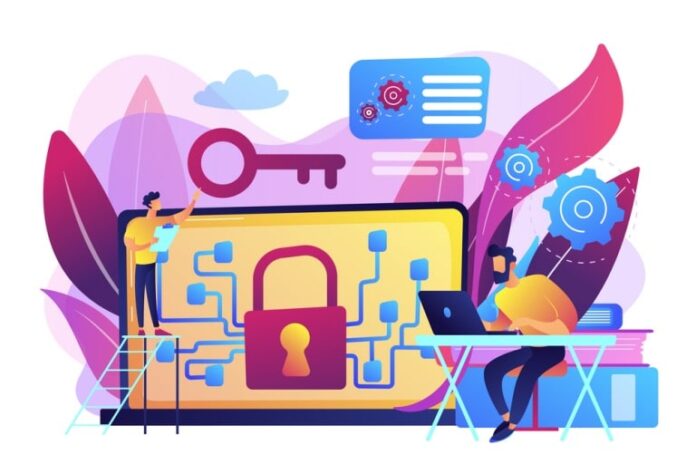Have you ever worried about your small business’s safety and wondered if you are making mistakes that will cost you a lot of money? As cyber threats get smarter, it is more important than ever to keep your business safe from breaches.
Avoiding common cybersecurity mistakes can make a big difference in keeping your business safe and your sensitive data safe. This blog will highlight five common mistakes to avoid when protecting your small business cyber security.
1. Underestimating Cyber Threats
Many small business owners think they are too small to be targeted by hackers, but this is not true. Cybercriminals can attack businesses of any size, often looking for easy targets. Ignoring the risk or assuming you are safe can leave your business vulnerable to attacks.
To avoid this mistake, take cybersecurity seriously and recognize that threats are real and can cause significant damage. Implement strong security measures and stay informed about potential risks to better protect your business from cyber threats.
2. Weak Password Practices
Hackers can quickly crack or guess passwords that are simple, common, or reused across multiple accounts. To protect your business from potential security breaches, it is essential to use strong, complex passwords that are difficult to guess and include a combination of letters, numbers, and special characters.
Use a password manager to keep track of your passwords instead of using the same one for multiple accounts. Regularly change passwords and encourage employees to follow these practices as well.
Strong passwords are a basic but crucial step in protecting your business from unauthorized access and cyberattacks.
3. Inadequate Employee Training
Employees can be a weak link in your cybersecurity if they don’t know how to recognize or handle cyber threats. Provide regular training to ensure they understand how to identify phishing emails, use secure passwords, and follow best security practices.
Training helps employees become aware of potential risks and how to avoid them, making your business more secure overall. Proper training reduces the chance of human error, which is often a major factor in cybersecurity breaches.
4. Not Updating Software Regularly
Updates for software often come with important security patches that fix holes. If you delay or ignore these updates, your systems may be exposed to known threats.
Set up automatic updates if possible, or create a schedule to manually check for and apply updates. Keeping your software up-to-date ensures that you have the latest protections against cyber threats and helps prevent security breaches.
5. Insufficient Backup Practices
If your data is not backed up regularly, you could lose important information in the event of a cyberattack or hardware failure. Implement a reliable backup system that stores copies of your data in a secure location.
Regularly test your backups to ensure they work and can be restored quickly. Proper backup practices protect your business from data loss and help you recover quickly from any cyber incidents.
Create a Robust Cybersecurity Strategy
Avoiding common cybersecurity mistakes is essential for safeguarding your small business against cyber threats. By addressing these pitfalls, you can strengthen your defenses and protect your valuable data.
